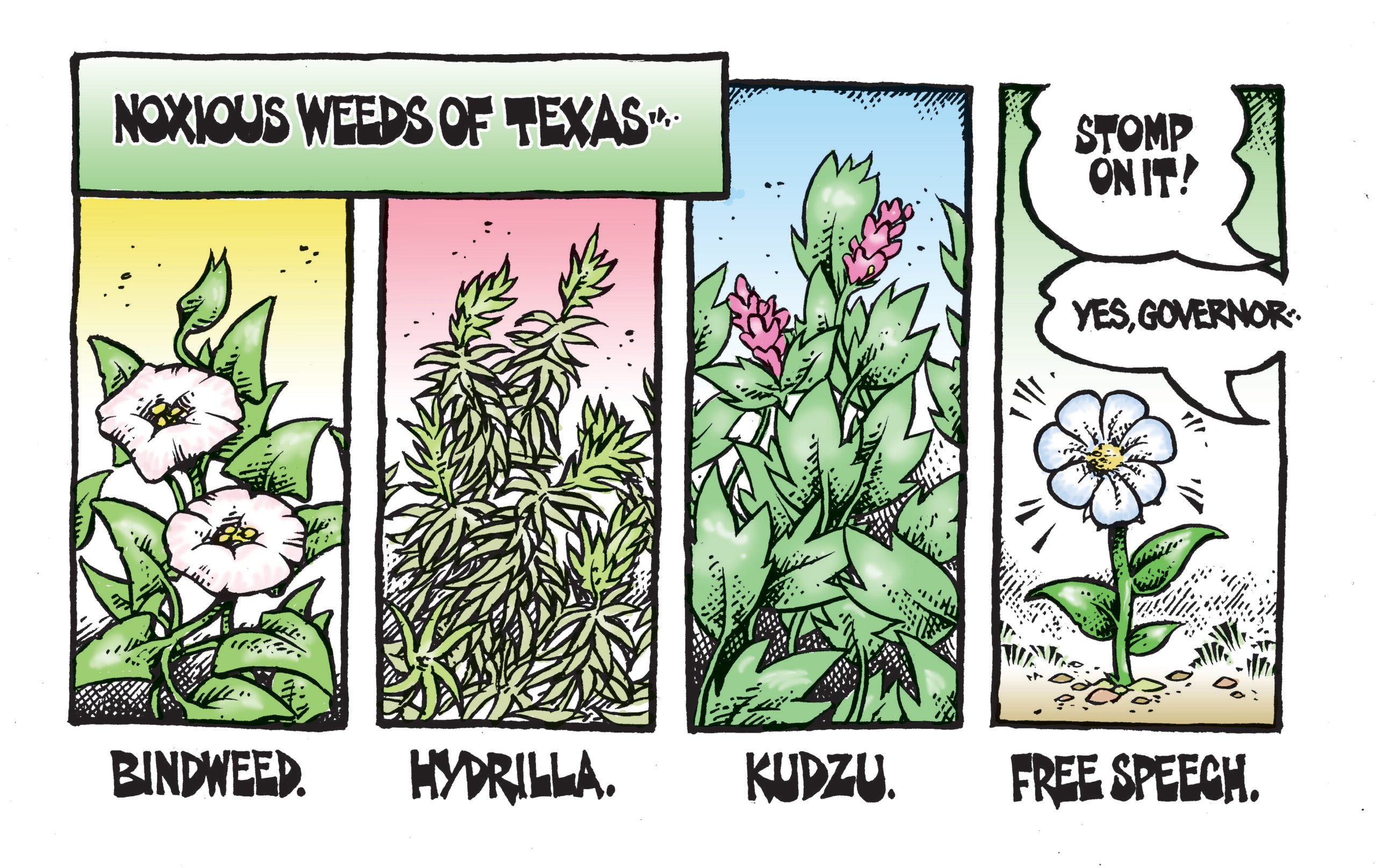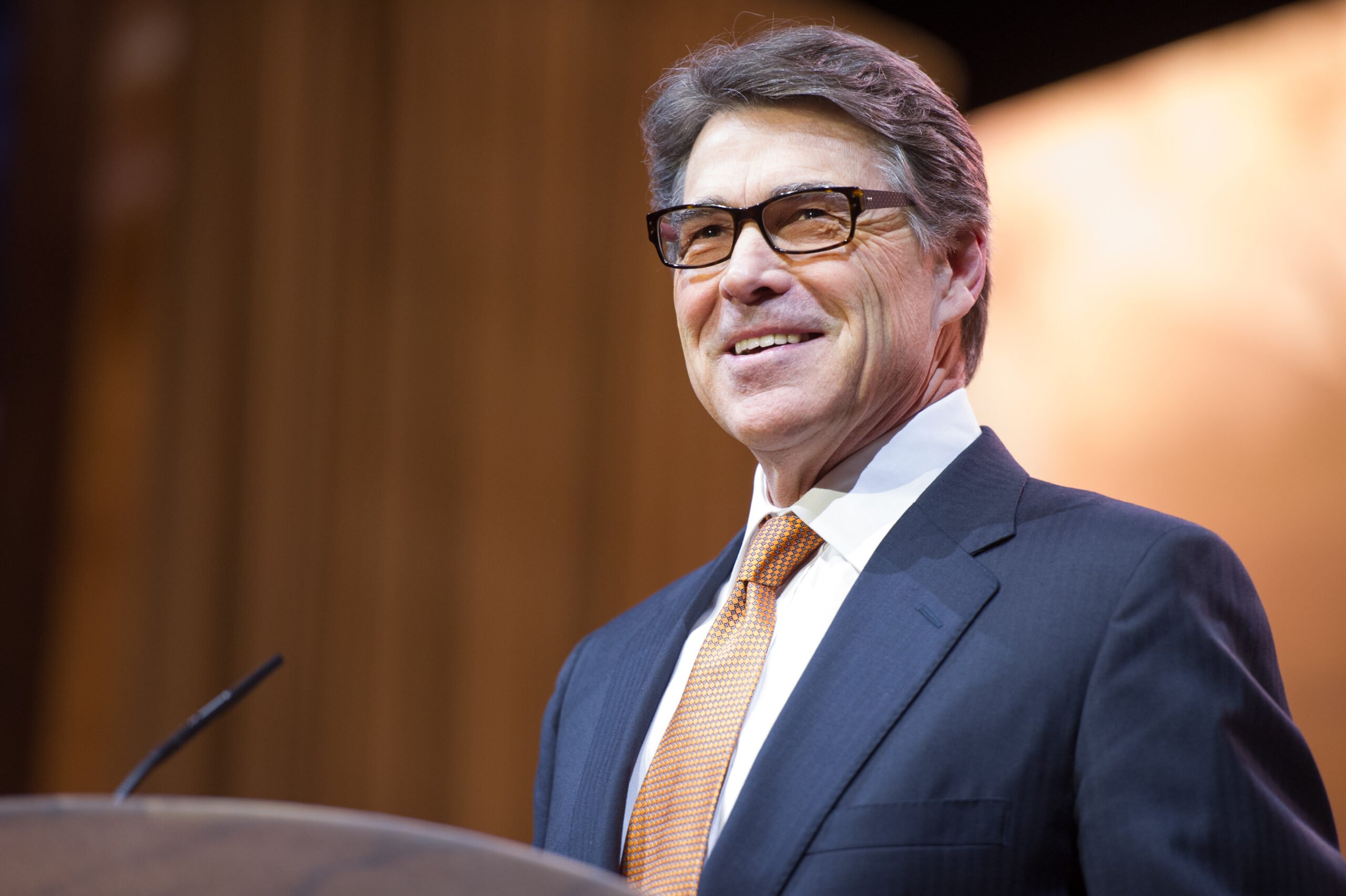ustxtxb_obs_1980_02_01_50_00005-00000_000.pdf
Page 10
111111M1,1111111311111i it Truth to tell, Temple’s is a no-issue candidacy. As one of Temple’s organizers says, a lot of Texas’s “young bucks and players” have signed on with Buddy’s campaignand their motive, like his, is unadulterated ambition. Temple was foiled last year in an attempt to supplant House Speaker Billy Clayton, and ever since he’s been hankering after John Poerner’s seat on the RRC. For one thing, it’s a statewide office, and Temple wants to get a statewide election under his belt. Also, the commission is a dandy platform for attacks on the federal bureaucracy, and it’s no secret that Temple wants to go to Washington as a U.S. senator one day. \(We can see it now: a Temple TV ad in 1984, the announcer intoning, “Buddy has fought the bureaucrats as a railroad commissionernow let to beat John Poerner, and he is setting about the task with all the considerable resources at his command. For instance, there’s his daddy’s money. When Buddy \(ArTemple Jr. got his son’s fundraising off to a fine start with a check for $100,000. Temple the elder is, of course, the Temple in Temple-Eastex and vice-chairman of the board of Time, Inc., whidh absorbed his East Texas timber conglomerate. Buddy Temple is also a very rich man in his own right. In the financial report he had to file as a state representative last year, a mere listing of his and his immediate family’s financial interests runs to more than a page, single-spaced. Among those interests, besides stock in Time, Inc., are oil and gas and railroad holdings \(in Kenai Drilling, Capitol Energy Corporation, report also reveals that most of his income is from oil and gas operations of the Arthur and Mary Temple Trust. But the Temple family wealth is only part of the financial base of the Temple campaign. The younger Temple has had considerable success, his campaign people are happy to say, in winning over former oil and gas industry supporters of Poerner. They cite Allan’ King and Jack Warren, of Goldrus Drilling Company in Houston, as examples of oilmen who have switched. These two helped underwrite Poerner’s costly run-off battle with the annoyingly popular Jerry Sadler in 1978, but they’re put out with Poerner this time. A Goldrus vicepresident, Bill Wright, is treasurer of the main Temple campaign committee. Wright told the Observer that the Committee for Buddy Temple had already collected nearly $300,000 by the end of January. Clark Jobe, Temple’s campaign chief, estimates that about onefourth of that is from oil and gas interests. \(We won’t know for sure until 30 days before the primary, because the campaign disclosure laws let non-incumbent candidates wait to report $600,000 on his challenge to Poerner. Temple’s supporters aren’t worried about where it will come from, and they profess to be pleased that Poerner’s campaign started the year with “only” $67,000. A lot of oilmen “are mad at him for one thing or another,” claims Clark Jobe. “He’s just not called ’em enough.” Temple’s campaign staff says well-organized efforts are under way for Temple in all the state’s medium-to-big cities and that half the rural counties will have campaign organizations by the end of February. Meanwhile, when he is not cultivating support in the executive suites, Temple is spending his time in the Democrats’ urban strongholds and making the rounds of rural Texas in a large Winnebago. “Buddy’s working for it,” Jobe replies to the suggestion that his man is buying a seat on the RRC. Nonetheless, in the face of Temple’s onslaught, John Poerner is suggesting just that. He is talking a lot these days about the Temple family wealth, and he charged in his formal announcement of candidacy that the vast Temple interests in oil and gas and transportation would create an inescapable conflict of interest for Temple if he were a commissioner. “It’s going to be li it; 1111 11011.11111111E1M111111111111111 1111:1111111110111111I11111 1′” 1111″111t 1’1 ,’ 1,,


